It should be a priority of anyone who owns property such as, a house or flat, or has money in a bank account or other investments, to make a Will and to keep their Will regularly updated.
One aspect which can cause problems, whether or not there is a Will, is the nature of the ownership of joint property in England and Wales.
Under the law of England and Wales, joint property can be owned in two ways:
- As tenants in common, that is, each owner holds a specific share in a house or flat or bank account or other investment.
- As joint tenants. In this case each owner holds the property or bank account or investment between them such that on the death of one of them, the property or bank account or investment automatically becomes the property of the surviving owner(s). Joint tenancies are commonly held by married couples or those in civil partnerships.
In both of the above cases and in the absence of any indication to the contrary it is generally assumed that the joint owners own the asset in equal shares.
In the first case, as tenants in common, the specific share of a person who dies will be included in their estate and pass according to the terms of their will, or if there is no Will, according to the rules of intestacy.
In the second case, as joint tenants, the share of the person who dies will not form part of their estate except for inheritance tax purposes. This means it passes automatically to the surviving joint tenant(s) and is not governed by the terms of the Will of the person who has died.
If a joint tenant is unaware of the law they may attempt to leave their share of a property or bank account or investment in their Will to people other than the surviving joint tenant(s) but this would be ineffective.
Even when you have made a Will with a solicitor or other qualified person, problems may still arise; for example, a Will may have been made some time ago and meanwhile the financial or residential circumstances of the person who made it, may have changed. For instance, property belonging to a person may be sold and the proceeds of sale put into a joint account so that this money is no longer subject to the Will.
The implications of the difference between a joint tenancy and a tenancy in common may be particularly important when there is a second family and the Will seeks to balance the inheritance of each side of the family.
It is possible to convert a joint tenancy to a tenancy in common, if desired, by a simple and inexpensive procedure.
Wills should be checked every few years or when any property or other major financial transaction is being carried out, to check that they are up to date and not affected by any change in circumstances or in the law.
How can W Davies help?
If you are interested in creating a Will or updating your existing Will, please contact our Personal Legal Services Department using the form below, or call us on 01483 744900 and we will be happy to make an appointment to talk you through the process and answer any queries you may have.






